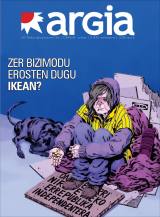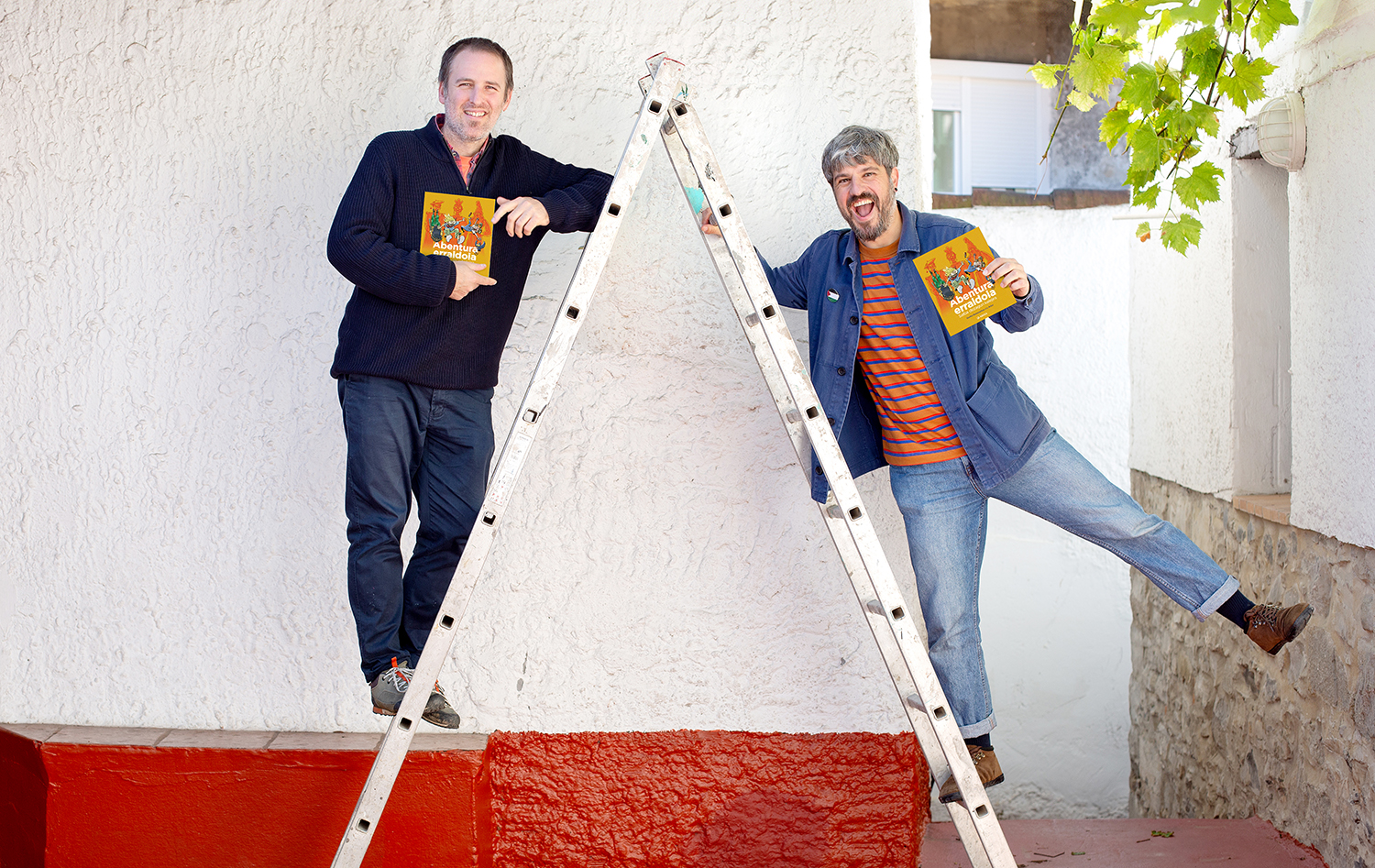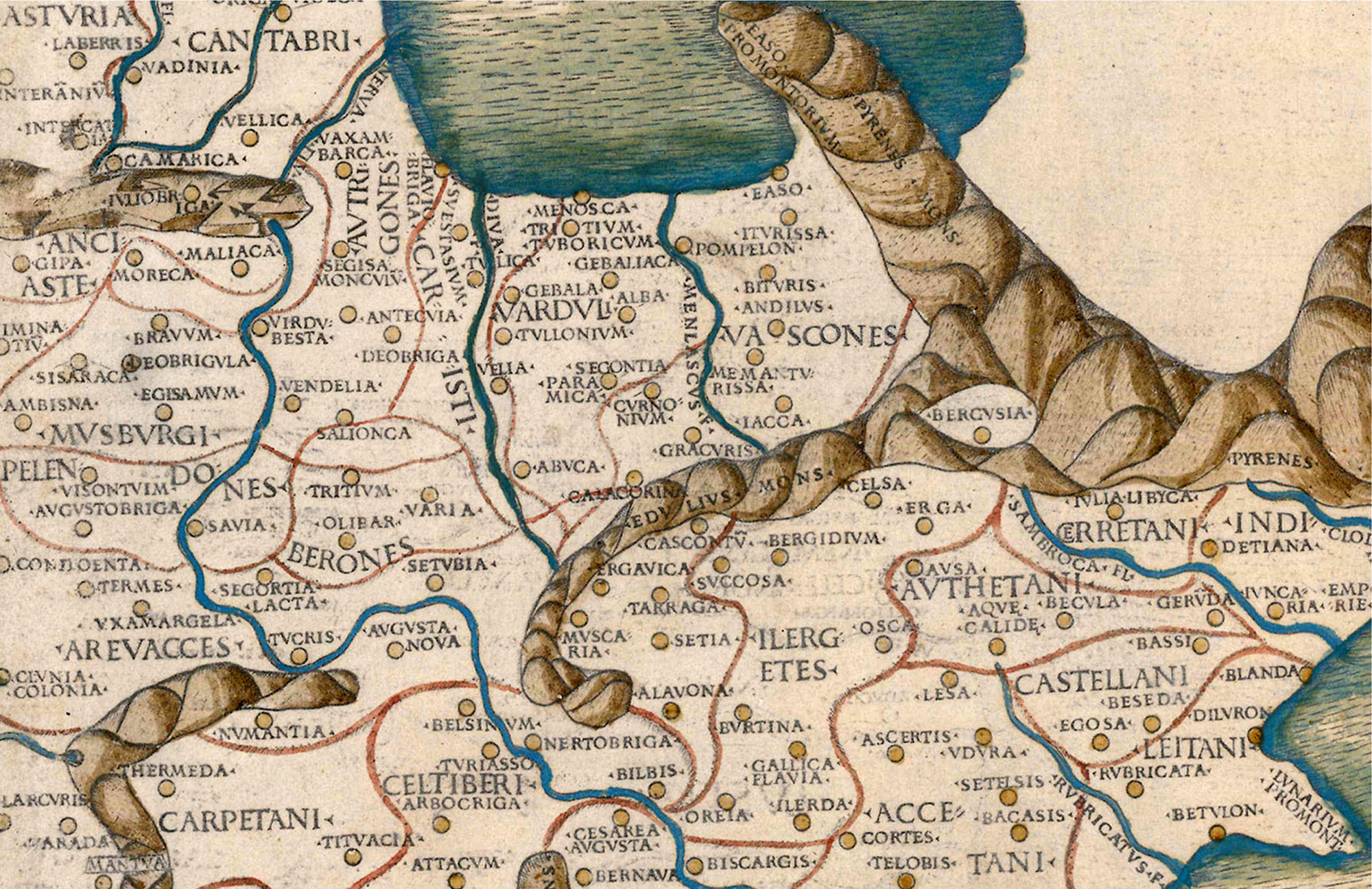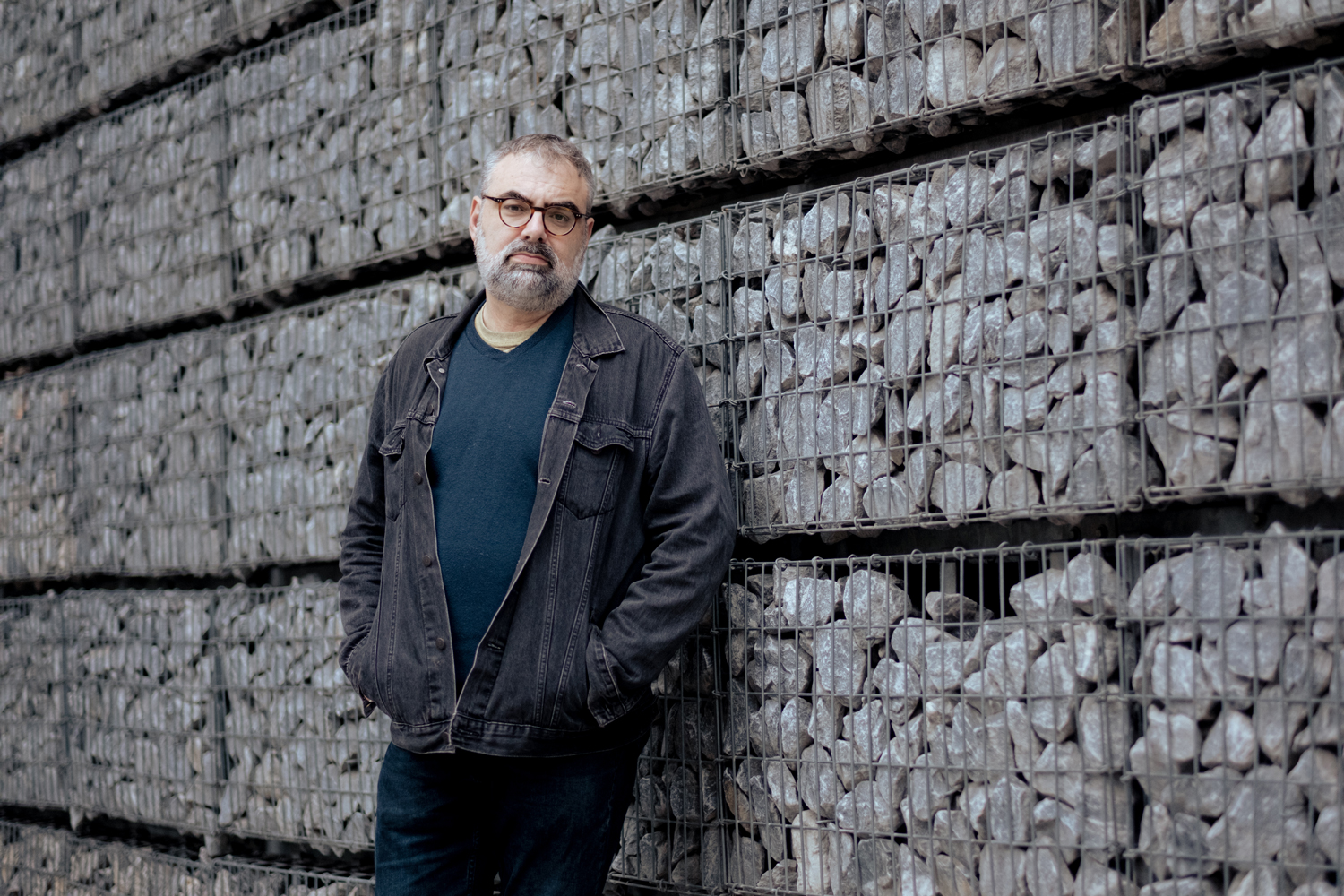A space for the perception of reality
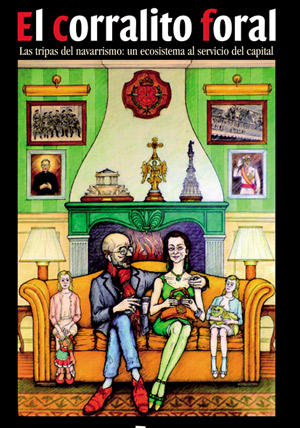
The word corralito is no longer alien to us. It has recently given much to talk about in Argentina and in Greece. In the Basque Country, it has served us to know the bowels of the Navarrismo, which is the time of the crisis. The Corralito appears in the title. The foral adjective. In this extraordinary session, Ivan Giménez, for his part, tells us how powerful locals have turned the nature of the sea into an ecosystem of defense of capitalism, rather than being at the service of the people.
The peace of the 40 years of the Francoist Uprising of 1936 alienated democracy for so many years. In Navarre, capital has served to buy the innocence of those who sank the Republic, and also to cement the pillars of today’s democracy.
William Shakespeare said that Navarra was going to love or amaze the world. It has become such a typical, mythical topic. The truth is that I have never been clear whether Navarre has fascinated or surprised us Basques. Both at a time, nothing else.
Anyway, it's been a long time since I didn't feel so much grief/anguish and satisfaction reading a book at the same time. I don't know if I've ever perceived these two opposing feelings!
Perhaps, because the historical facts of the book are so cruel – both so far away and close – and repetitions of the past, that they are still “incapable” of accepting our own reality. The foral corralito serves us to delve into this reality. Or at least to help look like it.
Leaving behind books, libraries and their benefits in April, Kabiak Sahrawi wishes to recall the dark side of his history, which is of greater importance in defending the identity and survival of peoples. We are talking about the destruction of the age-old and usual libraries... [+]









